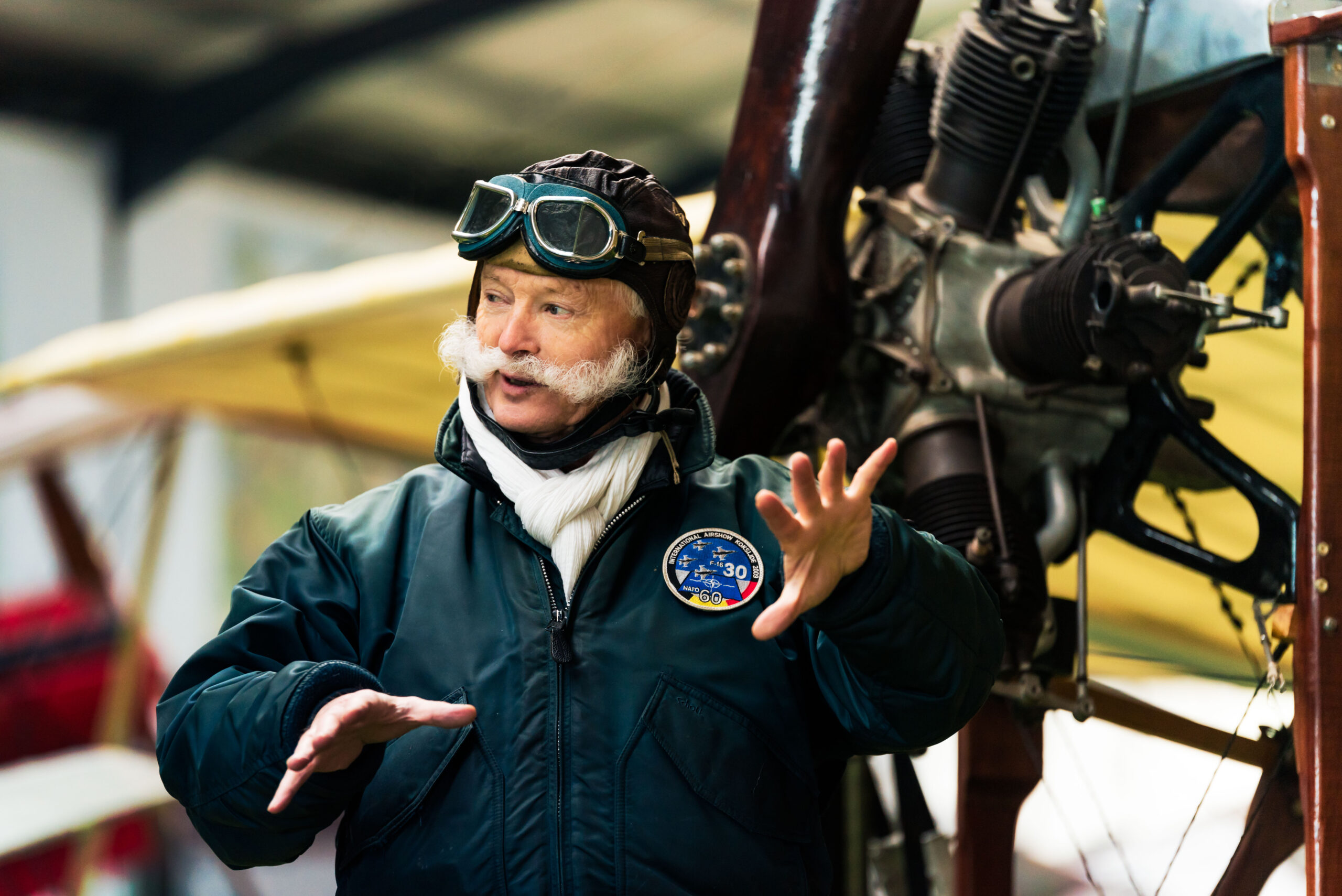 Aerospace and Defense Actors
Aerospace and Defense ActorsOne of the most highly regarded and desirable positions in any air force is that of fighter pilot. To become a fighter pilot, air force personnel need to possess an exceptional academic record, outstanding physical fitness, top health, and a strong mental drive.
February 5, 2017
Fighter pilots are the best of the best. Resilient professionals who are selected to fly one of the most powerful machines on the Earth. The responsibility and sense of pride that comes with this role is incomparable.
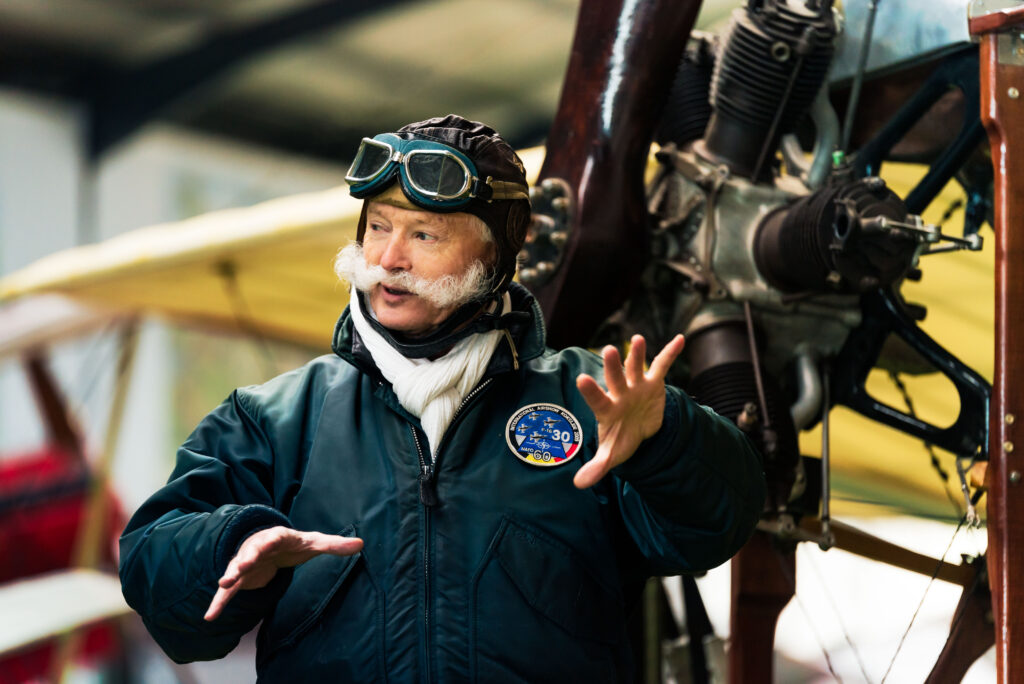
Being a fighter pilot stirs many deep-seated emotions and, to be successful, the people who rise to this level of their profession need to develop the strong mental capacity it takes to manage these emotions while meeting the technical requirements of their role. It takes a lot of determination, engagement, discipline, accuracy, passion, courage, fortitude, focus, and technical knowledge to successfully execute a mission.
The role of a jet fighter is continually evolving due to improvements in the technology and equipment that are available to them. Major advances in design, avionics, and weapon systems have fundamentally changed the day-to-day activities of people in this esteemed position. However, despite all the developments that have taken place at various stages in the history of military aviation, one thing has remained the same: It is a fighter pilot’s determination, willingness to take risks, desire to challenge him or herself on a personal level, and passion to accomplish the goals of the most dangerous missions that ultimately affect his or her success.
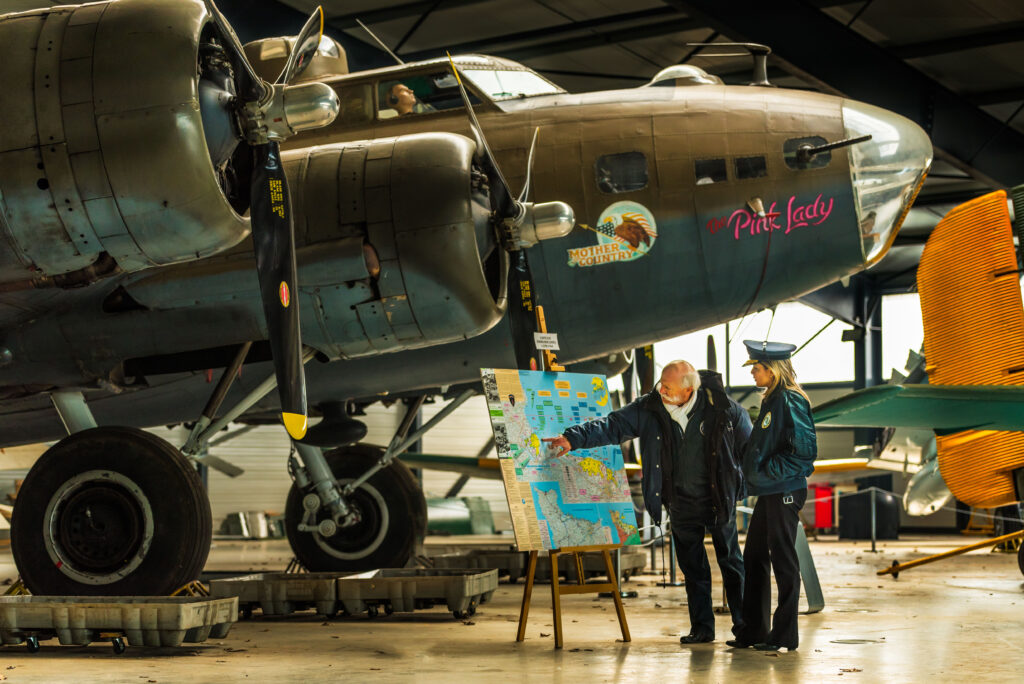
I was recently very fortunate to get a chance to interview an incredible and fascinating personality, Jack Krine, Solo leader of the Patrouille de France. Jack was a fighter pilot in the French Air Force, flight safety officer, and air combat instructor on Mirage III. He participated in the air combat assessment of the Mirage III and the Mirage F1 at the Mont-de-Marsan Aerial Experiment Center.
I was delighted to be invited to spend a morning with him and to visit La Ferte Alais Musée Volant Salis. During our meeting, I was able to understand a bit more about what it takes to become a fighter pilot and to learn about the risks associated with this fascinating profession.
While some people do nothing more than dream about becoming a fighter pilot, others are born into the role. They never doubt their choice or destiny, not for one minute. They may come from a similar background to you and I, but they possess something different. A determination, a motivation to take to the skies. They feel no pressure to persuade others to believe in their vocation; they hear their calling, and they make it happen.
These things in combination make the act of flying through combat and becoming a top fighter pilot nothing less than an art form.
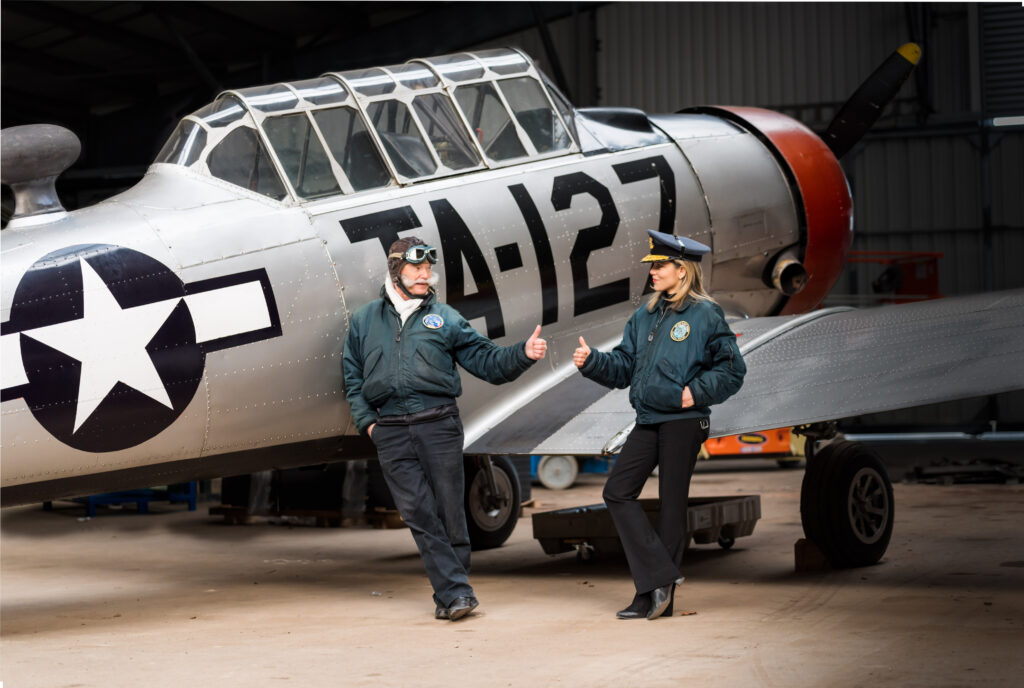
Fighter pilots undoubtedly need the ability to work on their own initiative; however, leadership is also essential to an individual’s capacity to serve in the Air Force and rise to the upper echelons of the military elite. Teamwork is vital in the military because an individual rarely works alone; thousands of people perform various roles to accomplish the goal of the wider team. If you fail, alternatively your team fails with you.
The government invests billions of dollars training pilots and developing and maintaining fighter jets. They put all of this investment in the hands of those who are privileged enough to take control of the aircraft. This is an enormous responsibility and, as such, it comes as no surprise that flying the military’s most advanced fighter jets can have a profound impact on an individual’s emotions. To manage these emotions, fighter pilots need to be physically and emotionally strong. They need to have the ability to work in dynamic and hostile situations, to handle failure and recover accordingly, and to endure when they lose friends or face death. Perhaps most importantly of all, they need to be decisive.
After all, you are part of a governmental financial investment to become a trained fighter jet pilot in a military air force—this isn’t a flying club, nor a film; it is a job that comes with everything involved in a military environment. A job that involves life and death decisions.
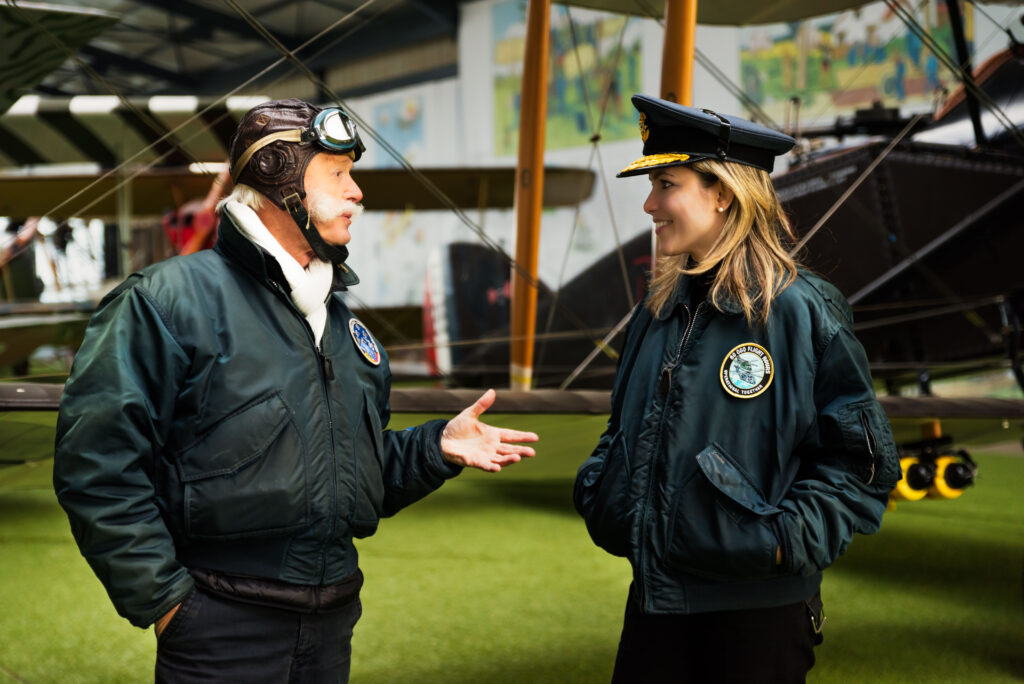
If there is one thing to take away from this, it is to stand up for yourself! Confidence is the sky code to achieving the best fighter pilot performance. In this high-pressure environment full of challenges, if you do not believe in yourself you cannot expect anyone else to. Military flying continues to evolve at a fast pace, promising a lot of transformation in aerospace environments. It is natural to fear these machines, but this fear should not stop pilots from taking risks. For fighter jet pilots, risks are simply part of the career; they strengthen skills and help uncover both the limits and potential of aircraft pilots. These skyward humans are born to fly, and for each of them the powerful feeling of freedom in the sky is unique and worth every mission and risky manoeuvre. These rare kinds of people strive to become the best fighter jet pilots of their generation, which, for the rest of us humans bound to earth, is just a dream.
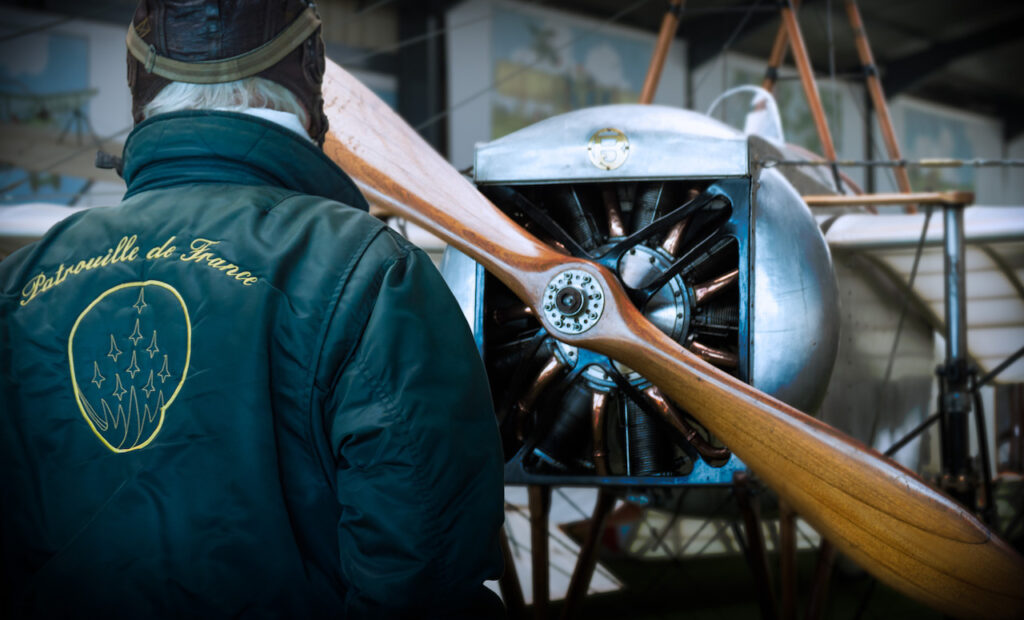
My conversation with Jack Krine was very enlightening and helped me develop a new perspective; not just on fighter pilots in general but on how self-confidence can have significant implications for what we achieve in life.
Jack told me, “I have never doubted my choice.”
It is clear that it is Jack’s determination and self-belief that helped him to achieve amazing things. His passion helped him to transcend the boundaries of dreams to achieve the reality he envisaged.
Some people may feel limited by a lack of opportunities. If you think you have no opportunities open to you, create one. Find what interests you and make it your goal. Everyone needs to have goals; no matter how big or small they are. They are the oxygen of your life and will motivate you to do things, and perform it well. If you do not have confidence in your future development, you need to tackle your doubts head on. You need to move, to start somewhere.
Now is the time for you to fly.
Cheers!
Ana Paula Araujo MendesJack Krine was a fighter pilot in the French Air Force and Solo leader of the Patrouille de France
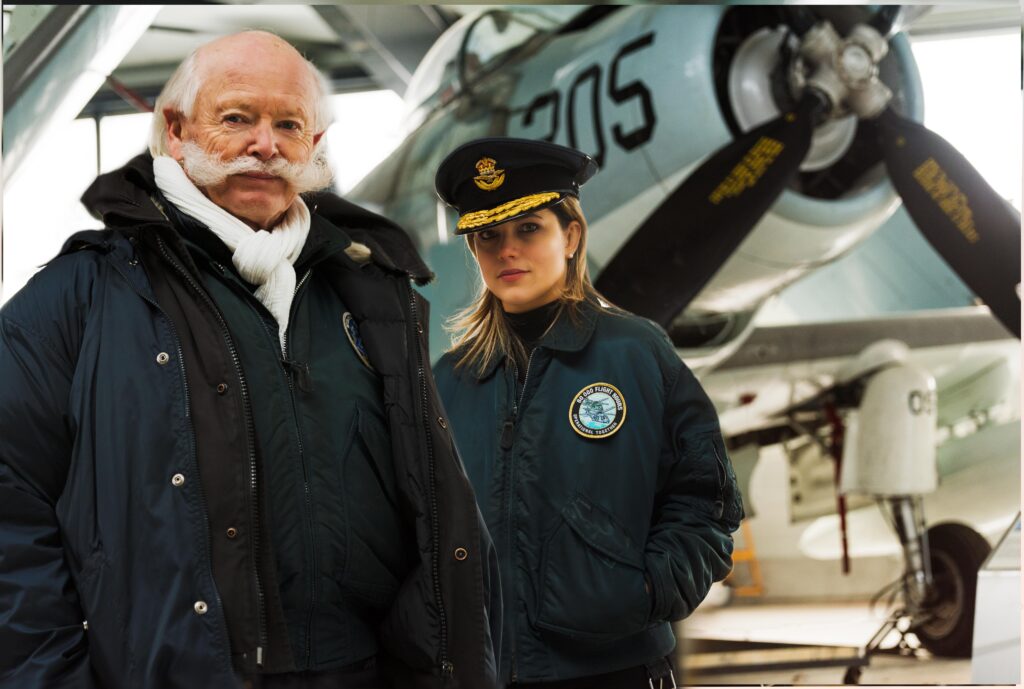
Musée Volant Salis, Aérodrome Jean-Baptiste Salis Cerny, Essonne.
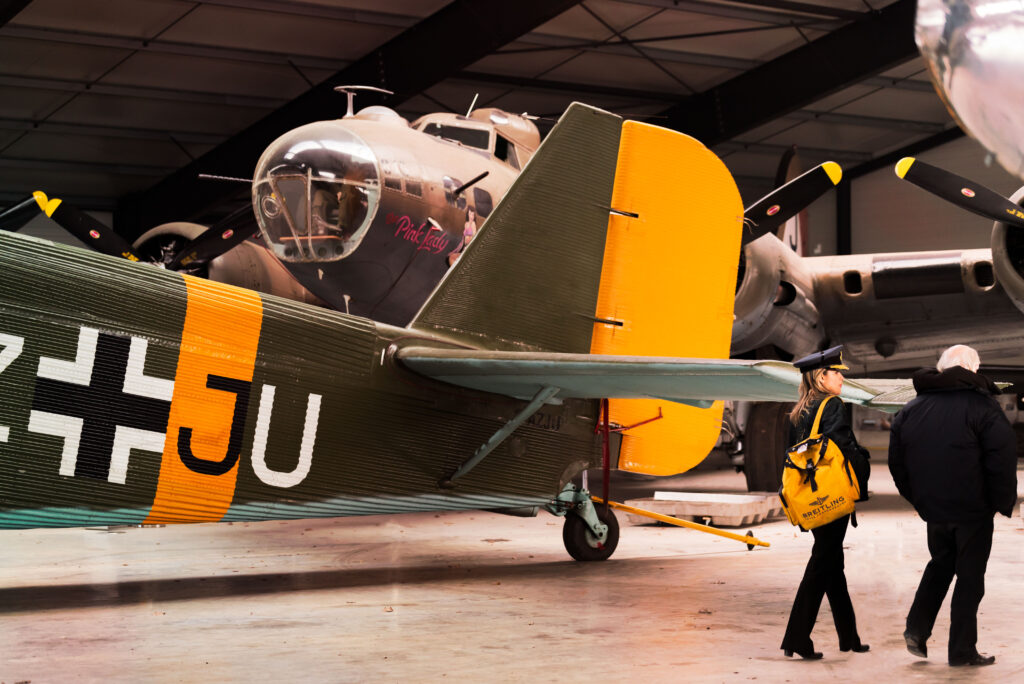
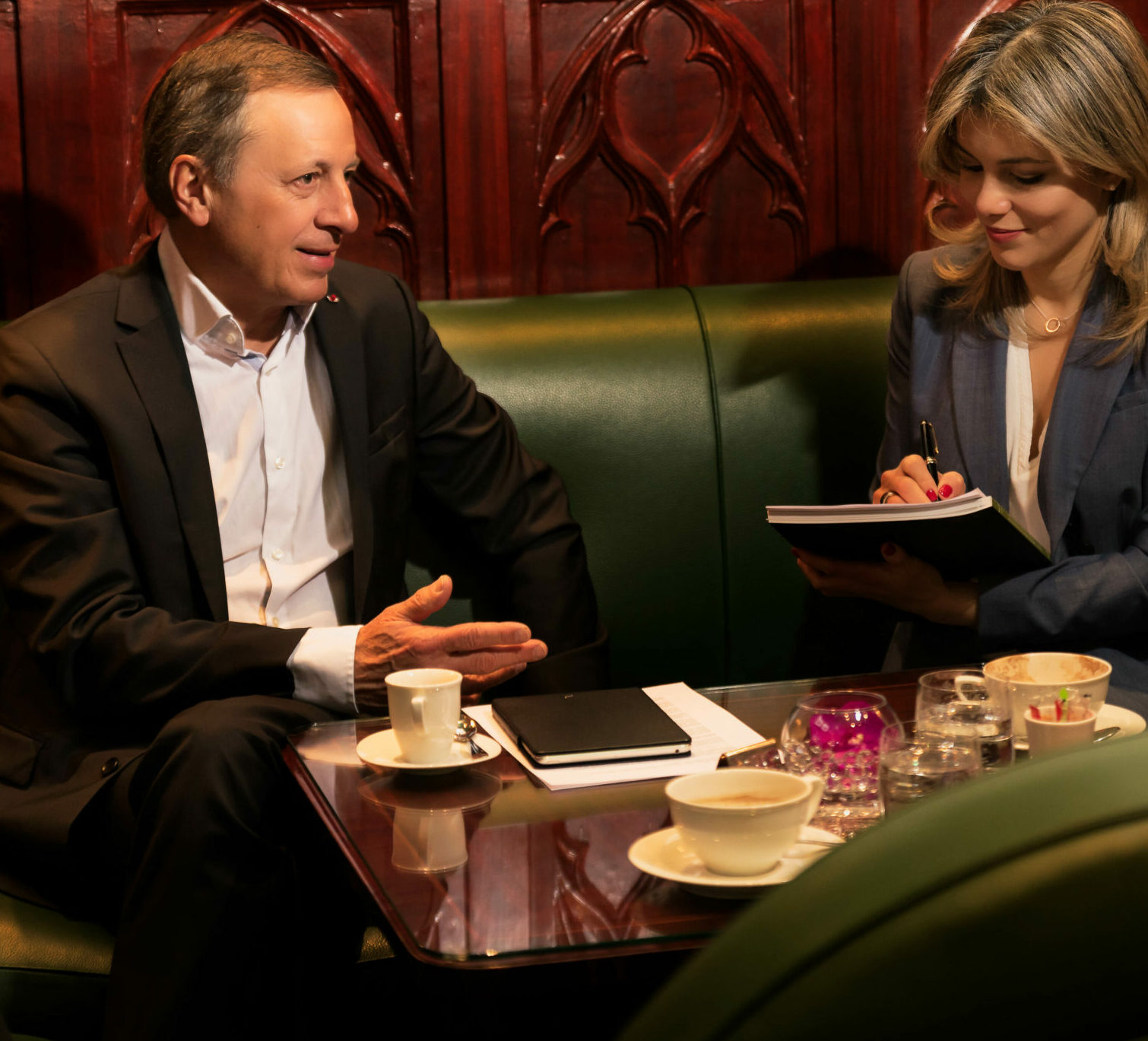
Aerospace and Defense Actors
Michel Tognini: The Astronaut Secret. Strategy, Communication, and Time Management Are Key
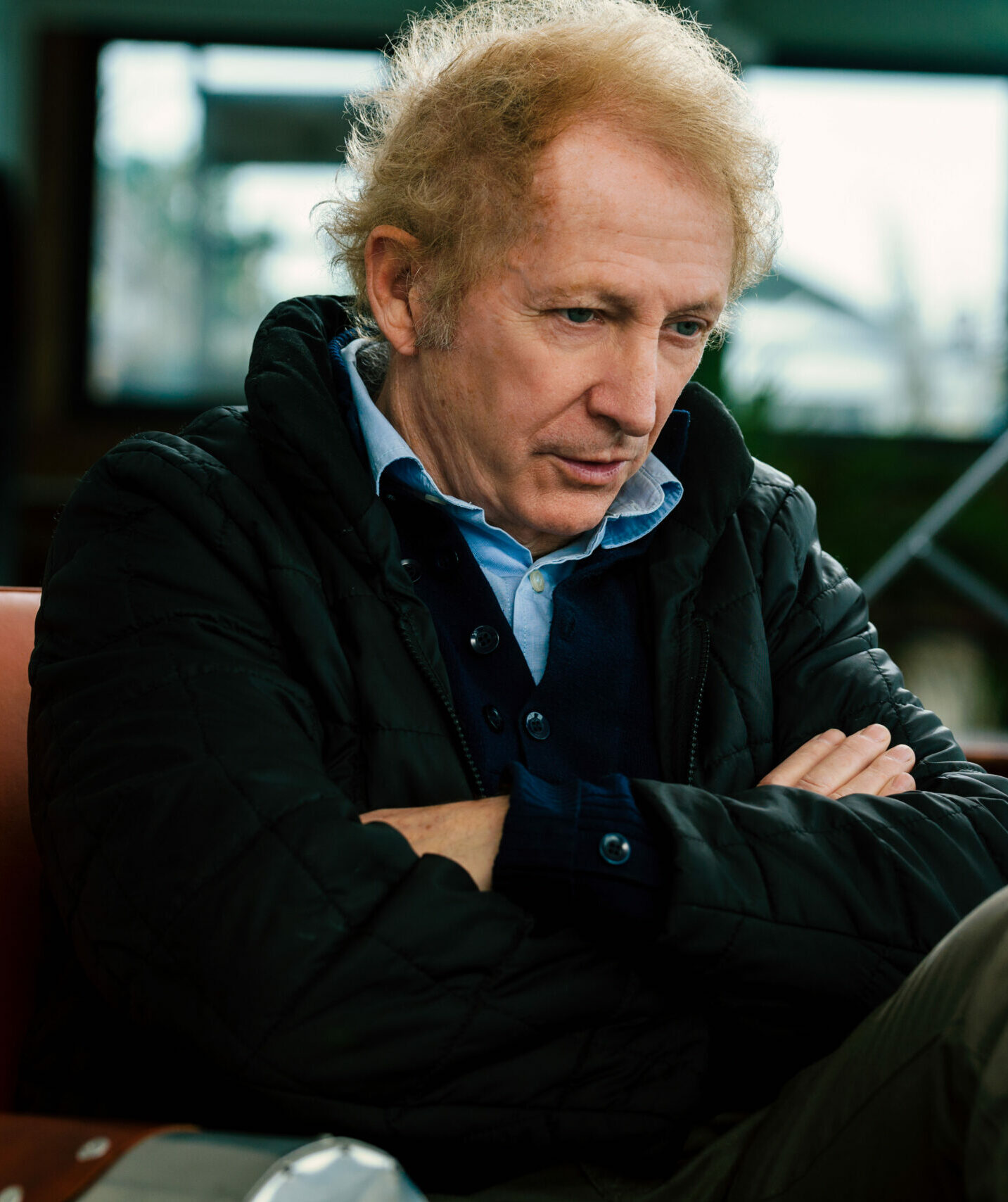
Aerospace and Defense Actors
Gérard Feldzer - Fighting for Peace; A World Without Frontiers
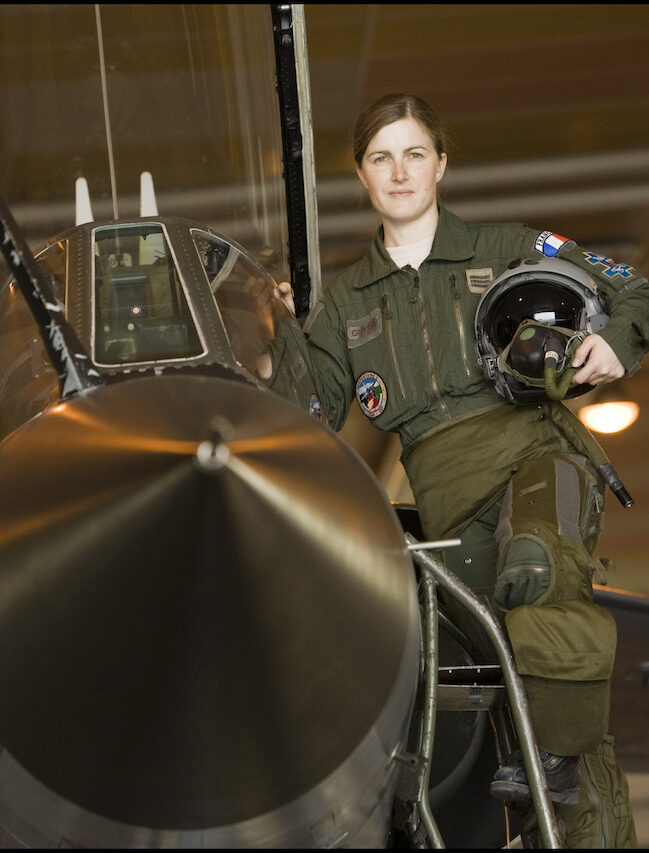
Aerospace and Defense Actors
Virginie Guyot - Fighter Pilot: True Leaders Inspire a Shared Purpose
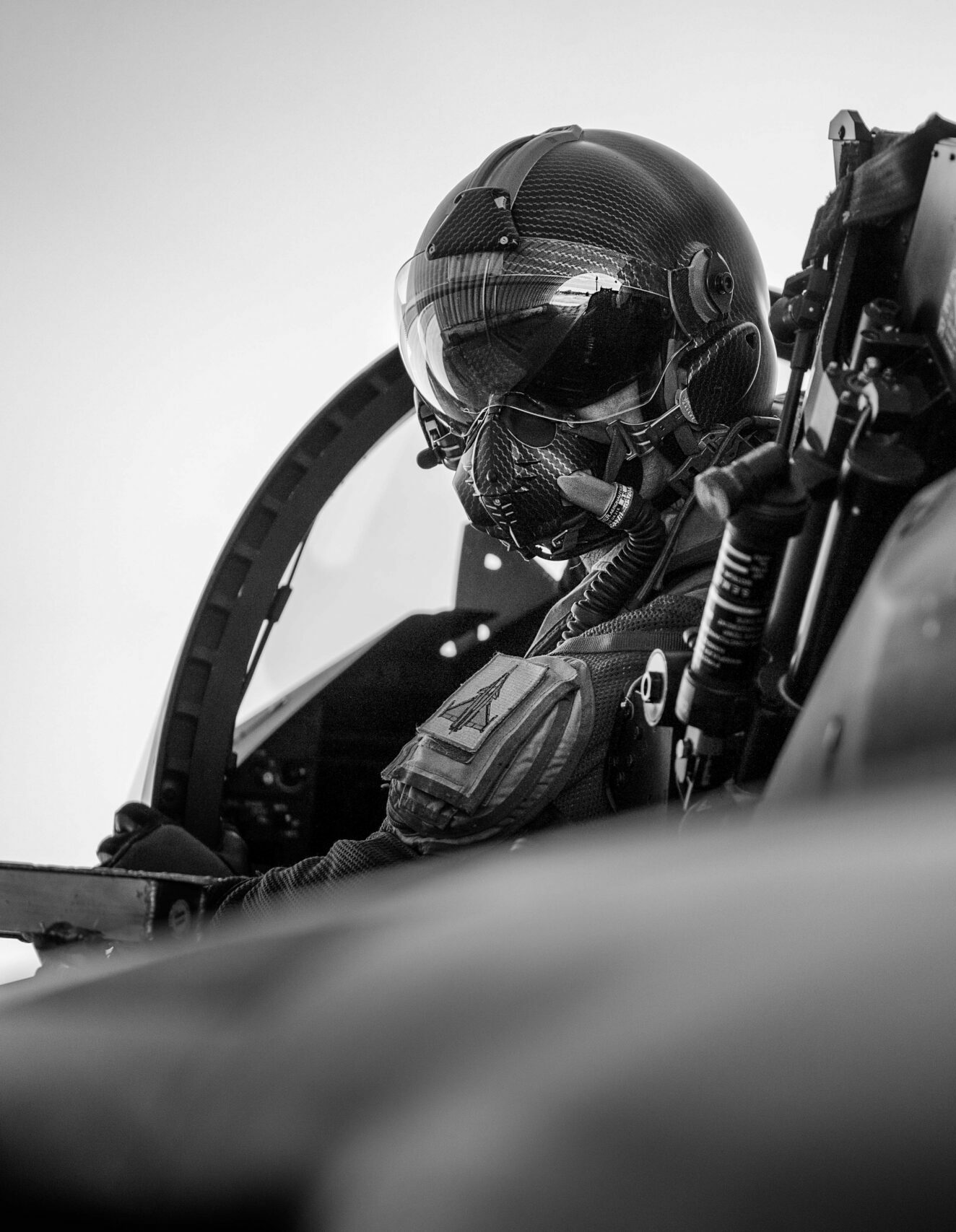
Aerospace and Defense Actors
The New Resilience Paradigm: The Face of the World After Coronavirus
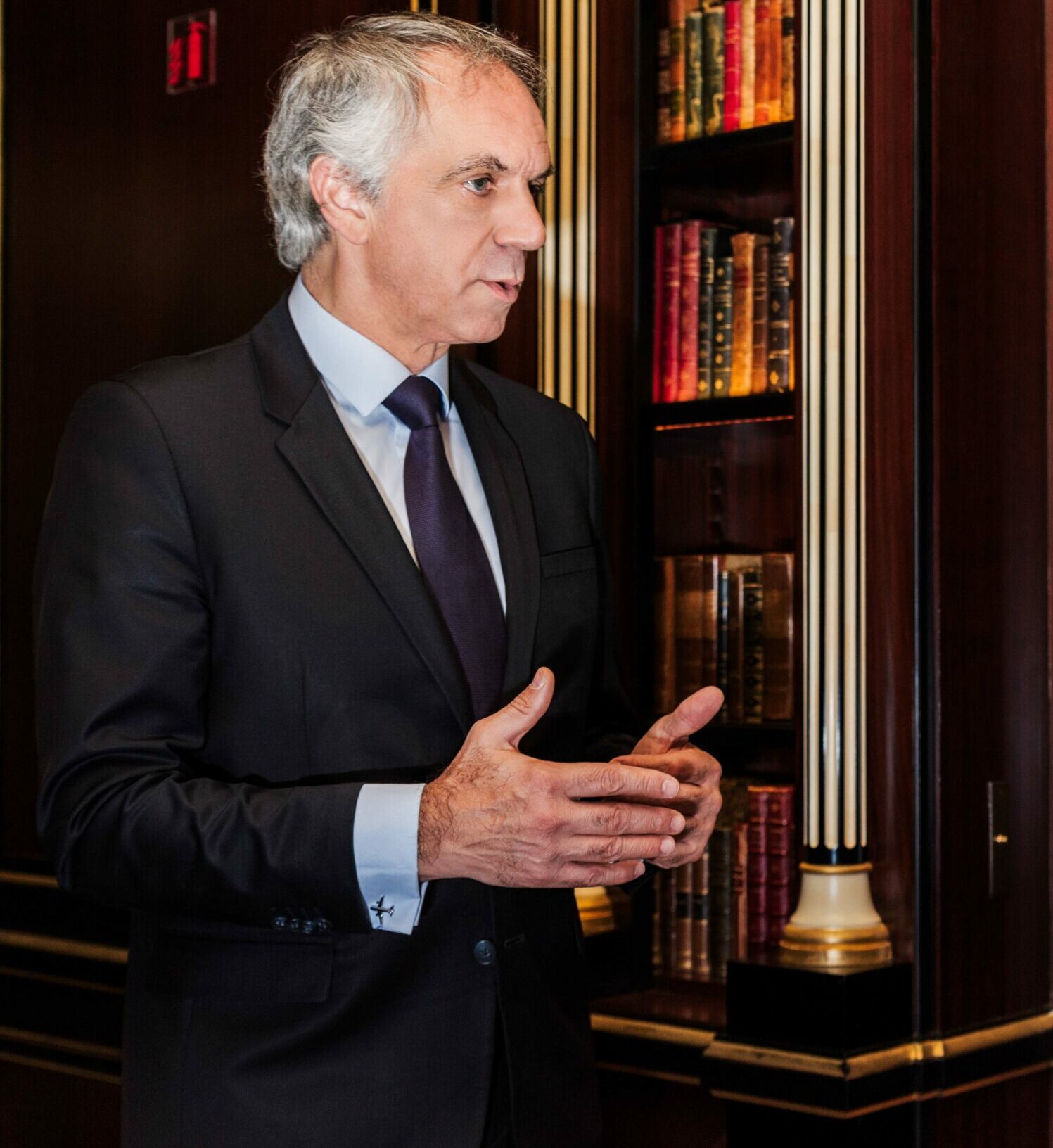
Aerospace and Defense Actors
Philippe Boissat - The future requires vision. Seeing through human eyes or satellites?
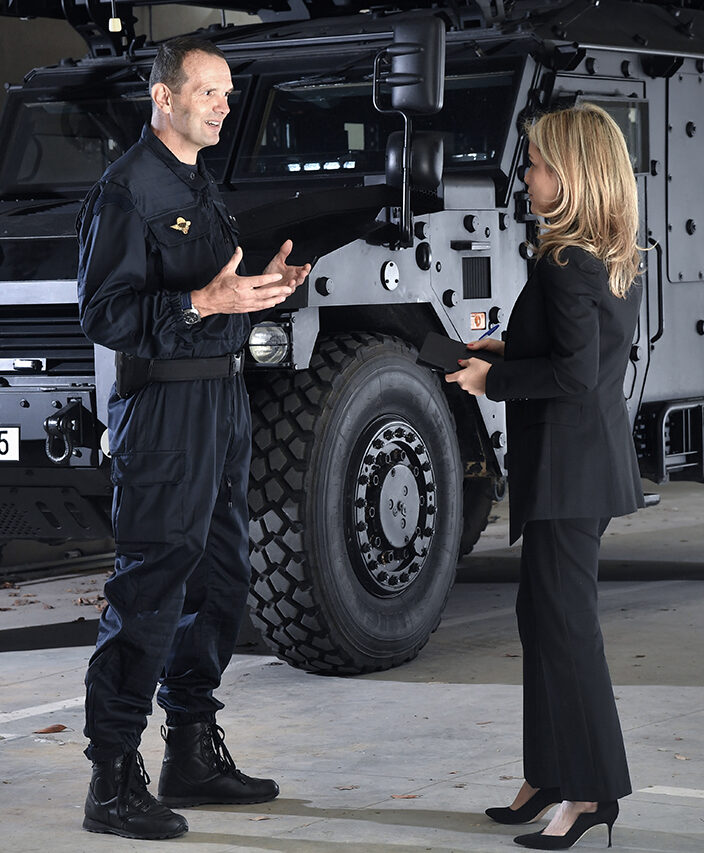
Aerospace and Defense Actors
General Ghislain Rety: Live With Honor, Die in Silence—The French Government’s Secret Weapon GIGN
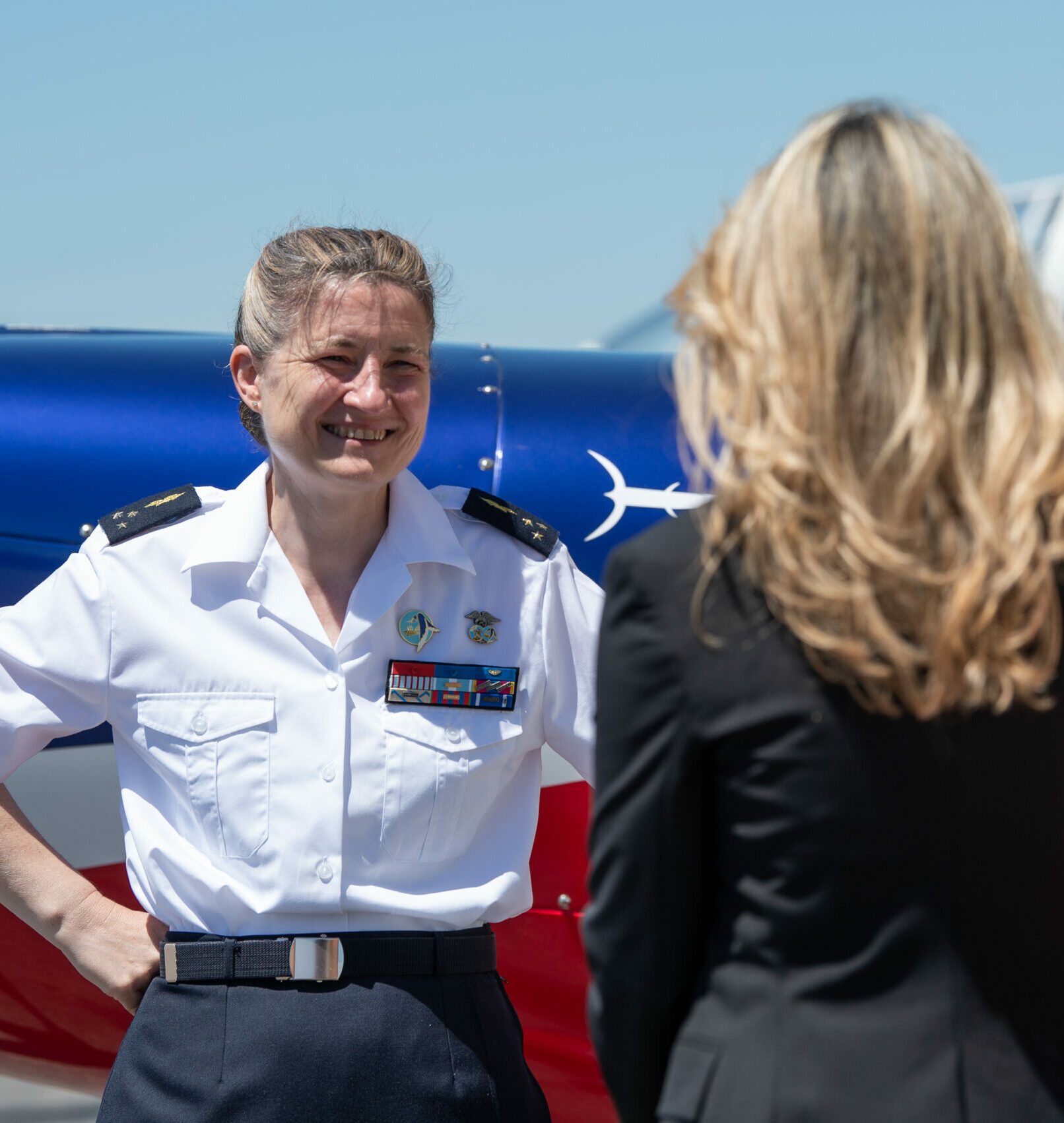
Aerospace and Defense Actors
Major General Dominique Arbiol on Preparing the Next Generation of French Air Force Officers: Building the Right Force for the Future Warfare
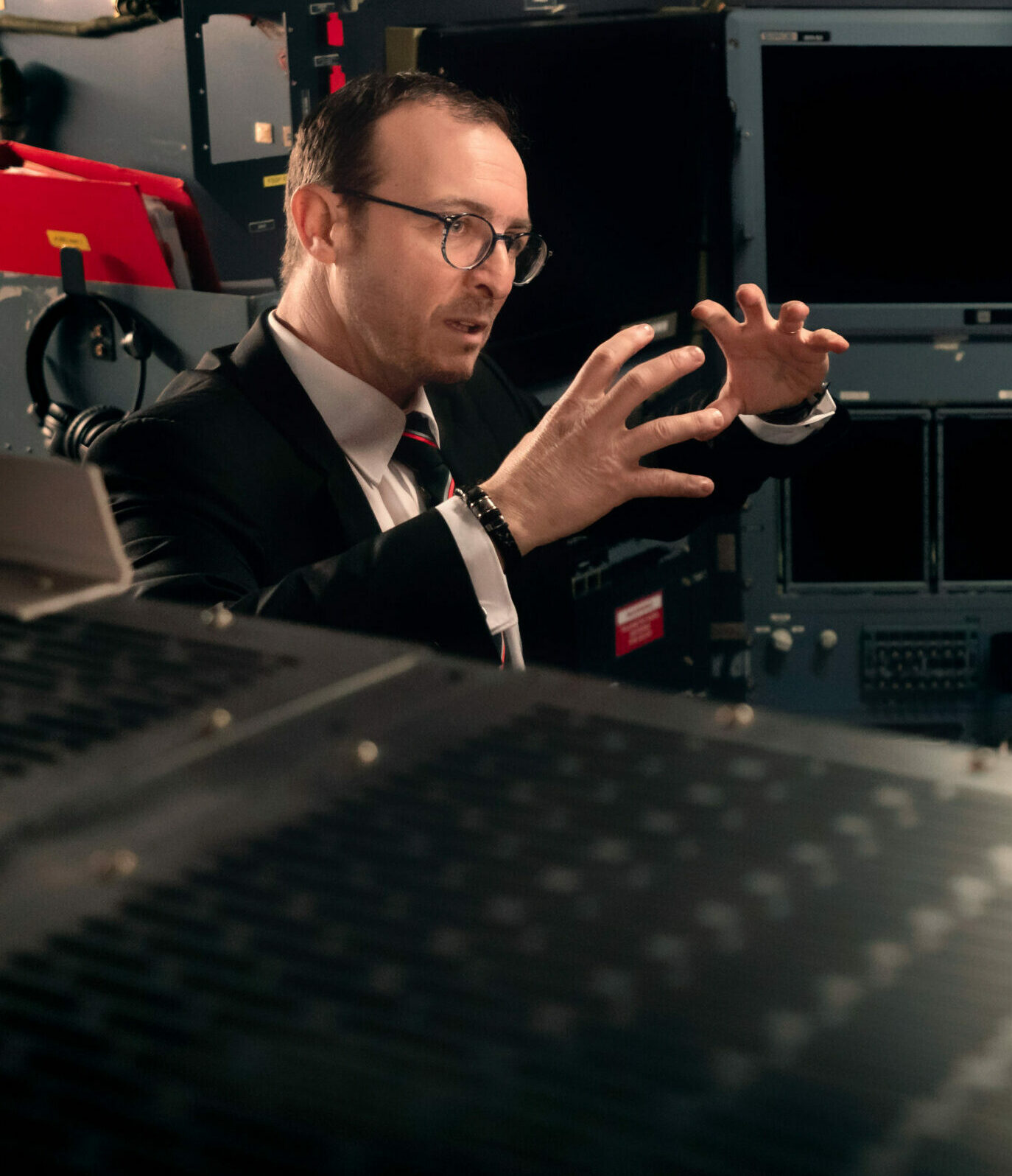
Aerospace and Defense Actors
Dr. Pascal Andrei - Incorporating Competitive Intelligence in a Strategic Vision
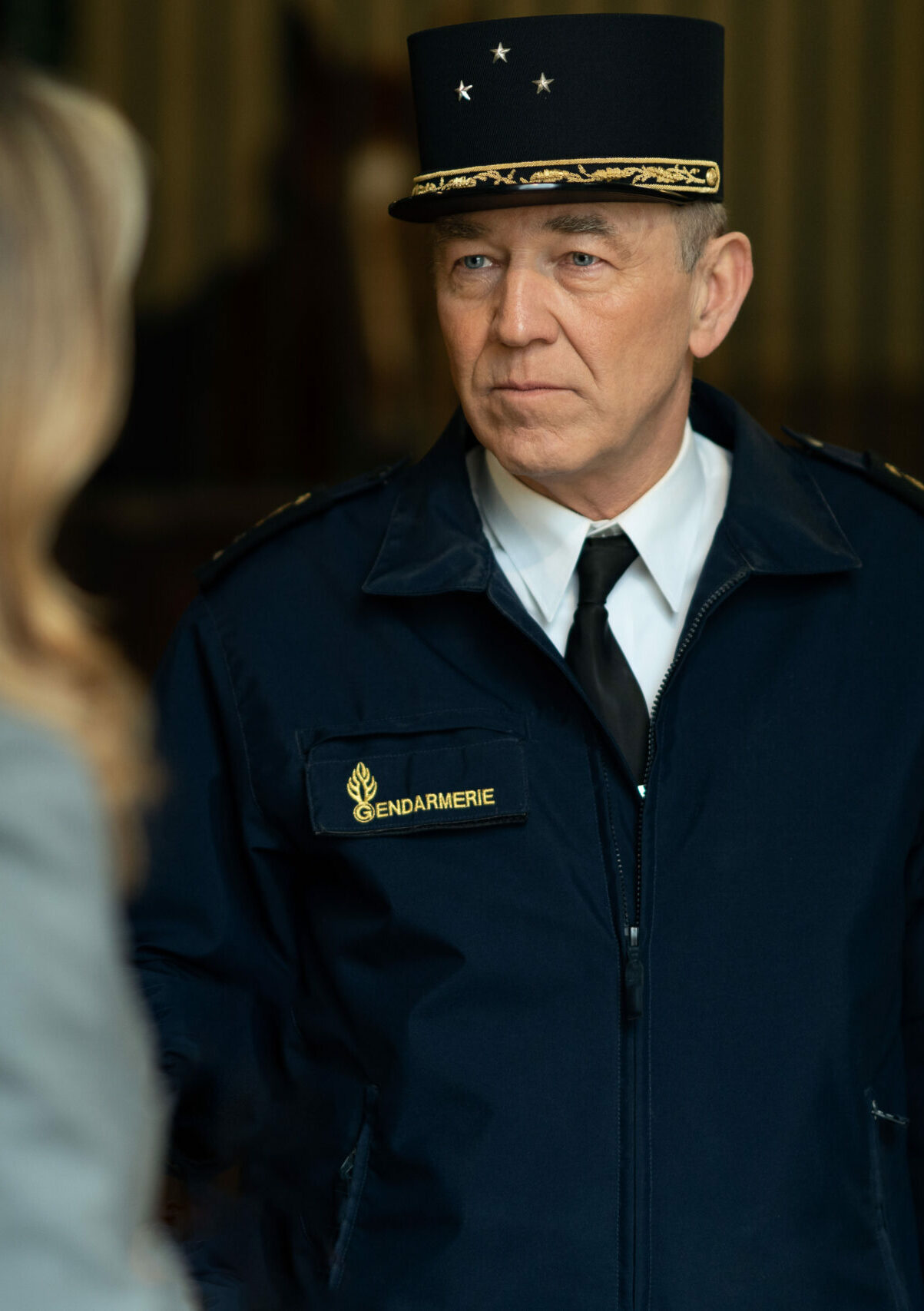
Aerospace and Defense Actors
General Damien STRIEBIG: Information Management - How Do You Prepare a Major unit for the Unpredictable

